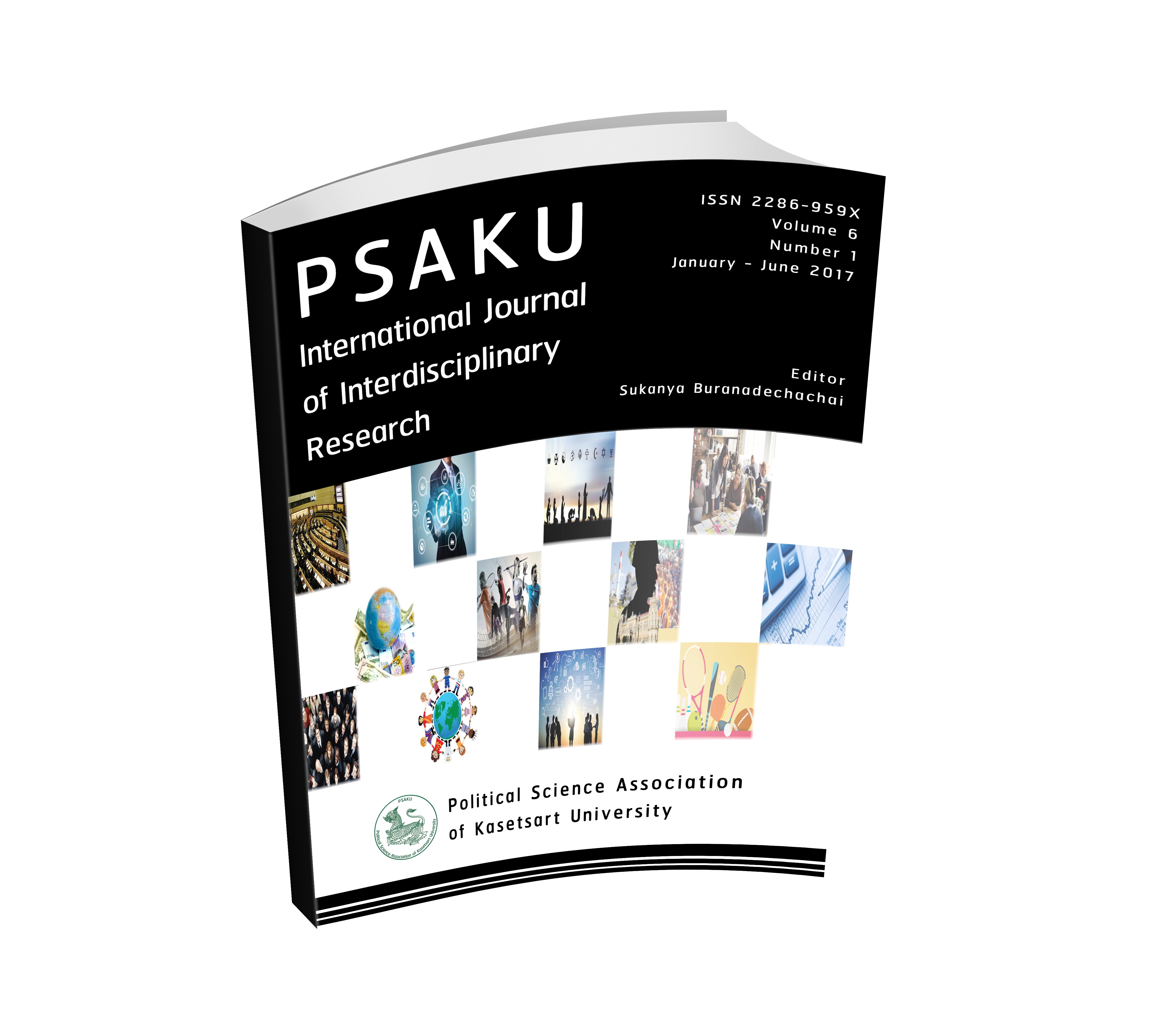Happy Workplace according to Buddhist Way
Keywords:
Happy Workplace, Buddhist Way, Quality of LifeAbstract
Objectives of this academic article were to consider and describe the concept of the ultimate happiness of both body and mind which is the quality of human life. The ultimatum goals in life that we seek are the happiness or Sukkha in Buddhism. The happiness is strongly linked to the sense of joy induced from relationships, spirituality and resilience in the workplace of their organization. The well-being of an organization or a “healthy organization” not only refers to its productivity and profitability but also includes the health and the quality of work and the well being and balanced life of its workers. This concept is closely related to the definition of health dimensions comprising physical, mental, social and spiritual conditions which was in line with recent definition and framework of World Health Organization emphasizing comprehensive healthy workplace. The conceptual framework of happy workplace is to create the holistic environment in workplaces that bring a balanced and happy life for employees, consisting of three pillars. They are people, family and society. These three pillars will induce happiness in workplace to better the employees’ mental and physical health.
Downloads












.png)


